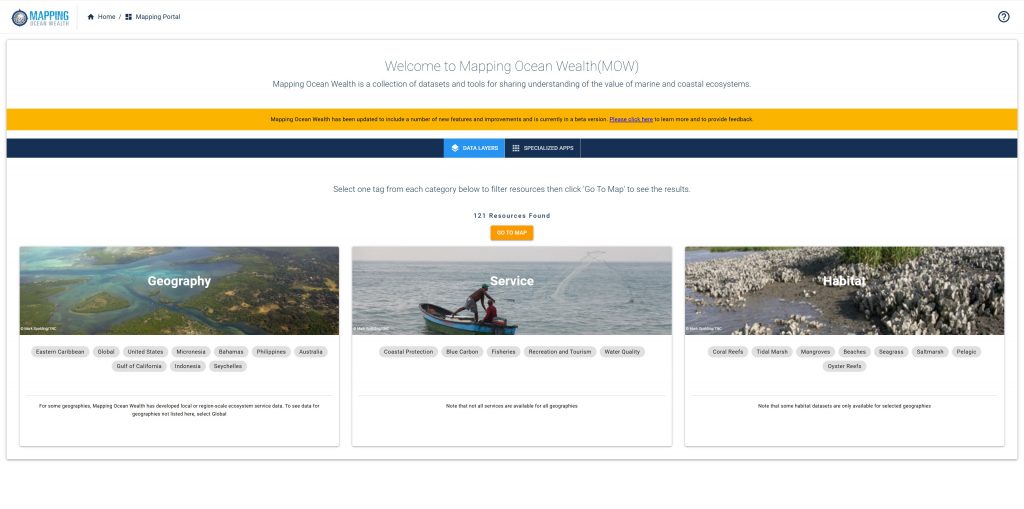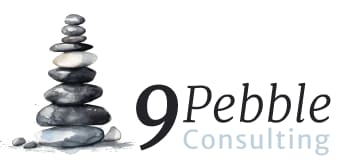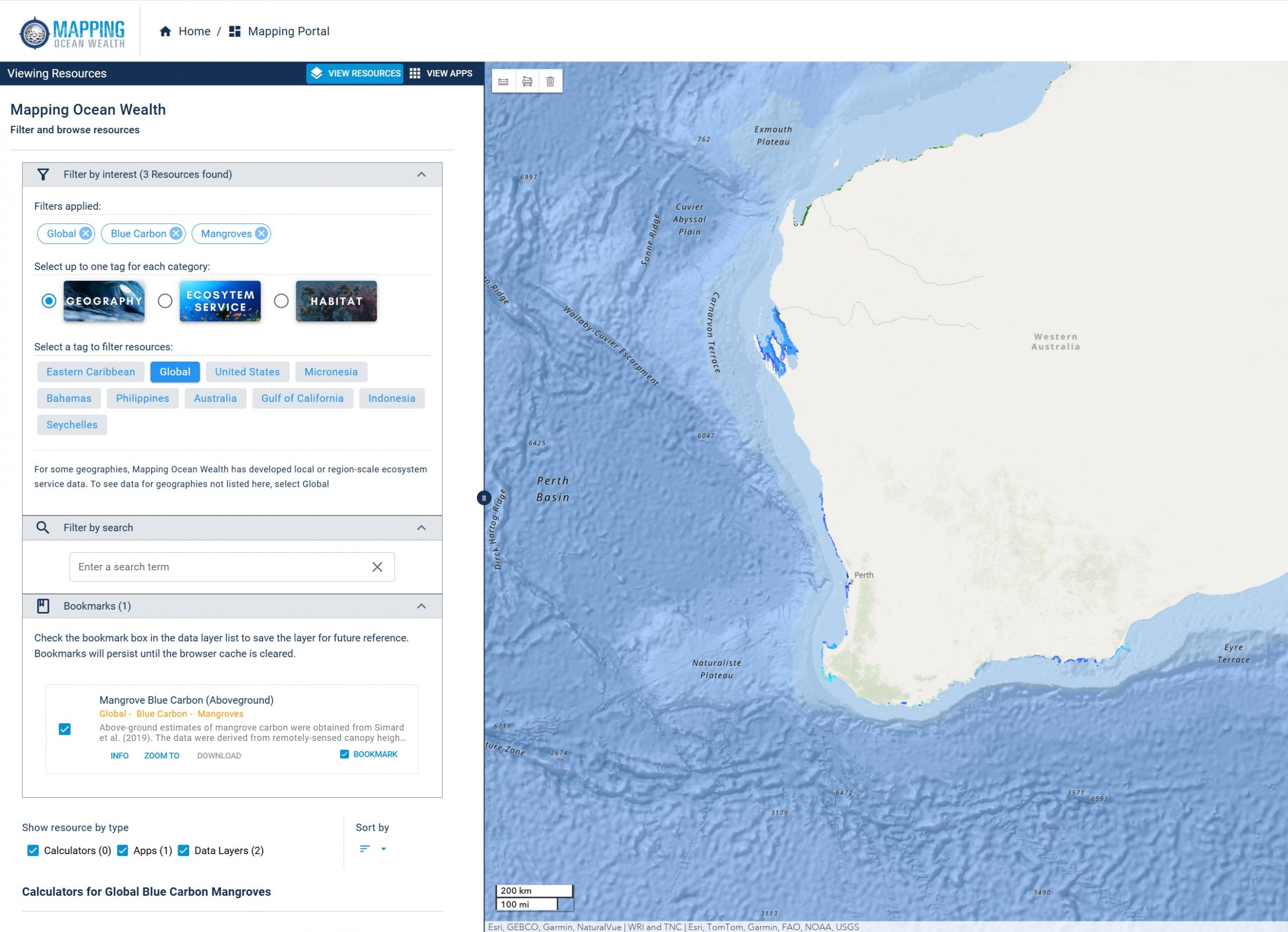Mapping Ocean Wealth
Overview: The Ocean Science team needed a map-based collection of datasets and tools to promote a shared understanding of the value of marine and coastal ecosystems.
The problem: The business built a first iteration of the tool but wanted to test it with their users to learn what internal and external stakeholders would find most helpful and user friendly.
As part of TNC’s Conservation and Geospatial Applications team, I was asked by the Ocean Science team to help them:
- Define their audiences;
- Define their business requirements and analyze tasks by role;
- Test how well the current system met those needs/expectations;
- Lead internal team collaboration to agree on a data-driven solution.
I worked side by side with our ESRI developer to fine tune the UI, prioritize widgets and enhance our content and layout.
Notably, we added informational text and language that simplified the process and better informed our audiences of the capabilities of the tool.
We then tested our assumptions and landed on a tool that was ready for a beta launch.
Continuous Learning
The team is now in the process of collecting feedback from users directly from the app. for future improvements and bug fixes to increase the overall value of the tool among internal and external audiences.
Technical Specs
Using the desired outcomes as a guide, we crafted a test script and conducted a series of user tests to see how well the current system met those needs.
Our design underwent multiple iterations before we felt confident that we were building a toolset that our key audiences would find useful.
I led the discussions and documented all data in Miro, which helped us align on the business needs, prioritize new features and plan next steps.
Wendy skillfully led our team through a thorough and illuminating user experience exercise for Mapping Ocean Wealth, a map-based decision support tool led by my team at The Nature Conservancy. Based on the insights gathered through the process, we implemented key functionality updates on the site that have been extremely well received! We loved working with Wendy on this process!


